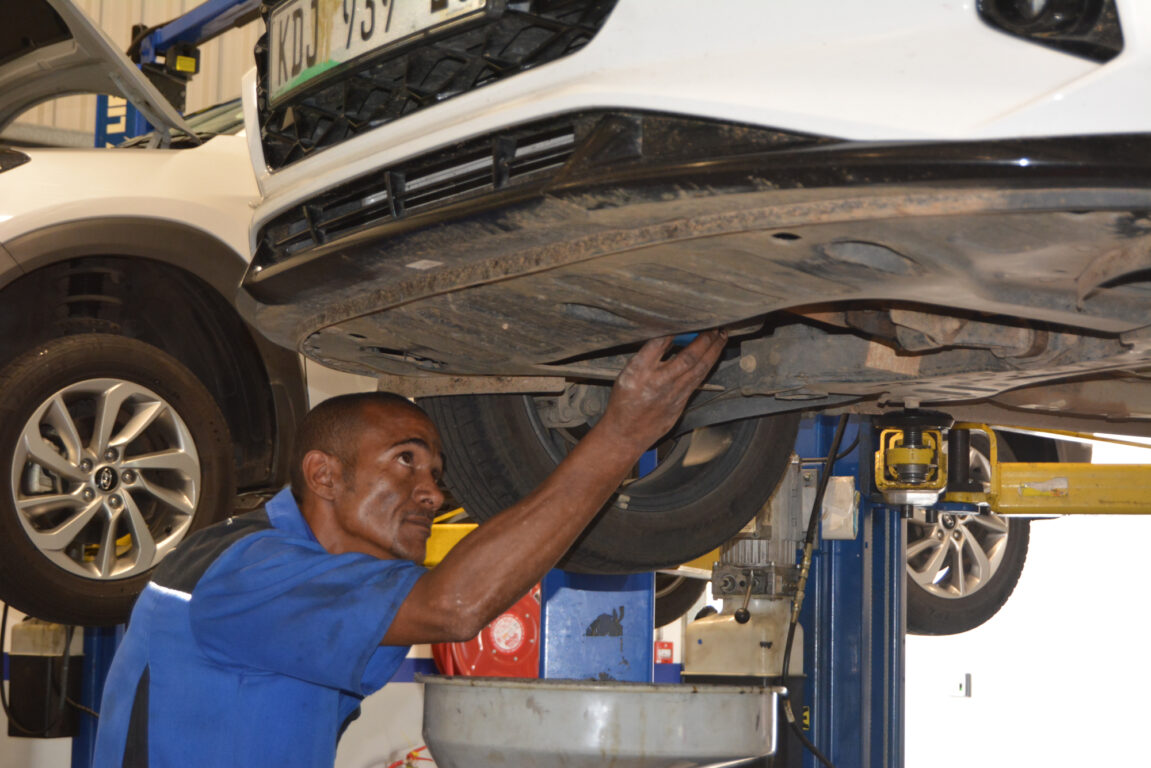While the booming gig economy has alleviated some financial woes for those previously unemployed, Standard Bank urges gig workers to think about their gig as they would business.
The unemployment stats were recently released by Stats SA. Data shows that South Africa’s unemployment rate rose to 32.9% in the first quarter of this year, up from 32.1% in the previous quarter. However, the gig economy continues to boom in South Africa.
The gig economy in numbers
In South Africa, The Fairwork Project estimates that there are “around 35,000 workers in location-bound work like taxi driving, delivery, and cleaning, with up to 100,000 actively undertaking other types of digitally-mediated freelancing”, such as those in the knowledge economy. It adds that gig work touches at least 1% of the South African workforce, with anticipation that this will grow by at least 10% each year.
Protecting the gig
These jobs, which may have started as secondary revenue streams or side hustles, have become the primary source of income for many workers. And while the freedom of working in the gig economy is understandably attractive, the downside is that, without the support of a traditional employer, workers are left vulnerable to a host of protection gaps. Unfortunately, many gig workers tend to be underinsured, usually because they underestimate their own risk, or because they are undereducated about insurance and how it applies to the work they do.
With great freedom comes great responsibility
People in the gig economy are often labelled as being independent contractors, responsible for their own working conditions. Therefore, when working a job, you’re essentially running your own business and carry the same insurable risks as a more formalised business. You may not think about your gig as an enterprise, but it’s essential for people who work for themselves to know their needs when it comes to insurance and to make sure they’re protected against risk.
Protecting the basics
Whether you’re moonlighting, freelancing or consulting on a part-time basis, it’s crucial if you conduct a business on any scale to have the relevant insurance cover to protect you against loss of business. Taking out insurance coverage may seem counterintuitive when you can’t predict your income for the next six months. But as someone gigging, you don’t get paid when you don’t work. So, what happens if your bike breaks down if you’re a ride-hailing driver? Or, if you’re a freelancer, what happens if your laptop gets stolen? Do you have adequate coverage for all your gig equipment, including cars, cameras, cell phones and other essential assets?
Unless you have ample savings to replace your gear, taking out short-term insurance is arguably the most cost-effective way to ensure your gigs continue uninterrupted. The financial protection that comes with having insurance can steer those working in the gig economy towards success by safeguarding them against unforeseen events or losses. It’s important to note, however, that the work of gig employees carries specific risks that require coverage that goes beyond the protections of personal insurance.
Gig workers should consider reaching out to an insurance broker or their insurance company directly to see how they can assist with getting the right insurance to protect their equipment and subsequently, their income.
Beyond personal insurance
One should not assume their personal equipment or home contents will be covered if used for business purposes. Many home insurance policies don’t cover essential equipment such as laptops or cell phones for work. Similarly, traditional car insurance doesn’t extend to commercial activities such as delivery drivers using their own cars for work. Clients are advised to to reach out to their insurers to conduct a policy review, to understand exactly what their current policy covers.
Standard Bank Insurance is passionate about driving Africa’s growth and we understand the importance of protecting side hustles turned small businesses with proper risk management, as not only does it safeguard livelihoods, but the positive effect it has on the African economy.
